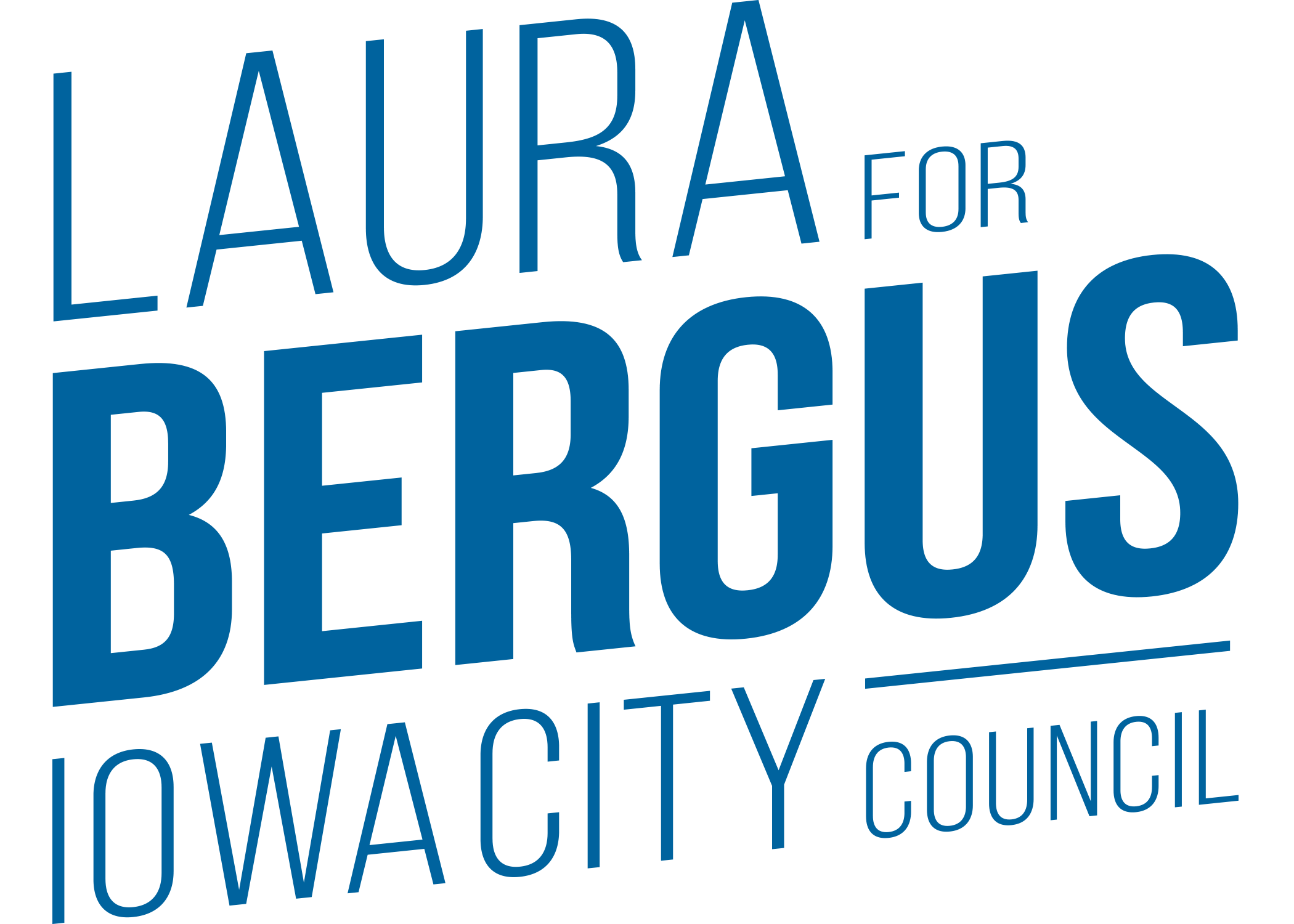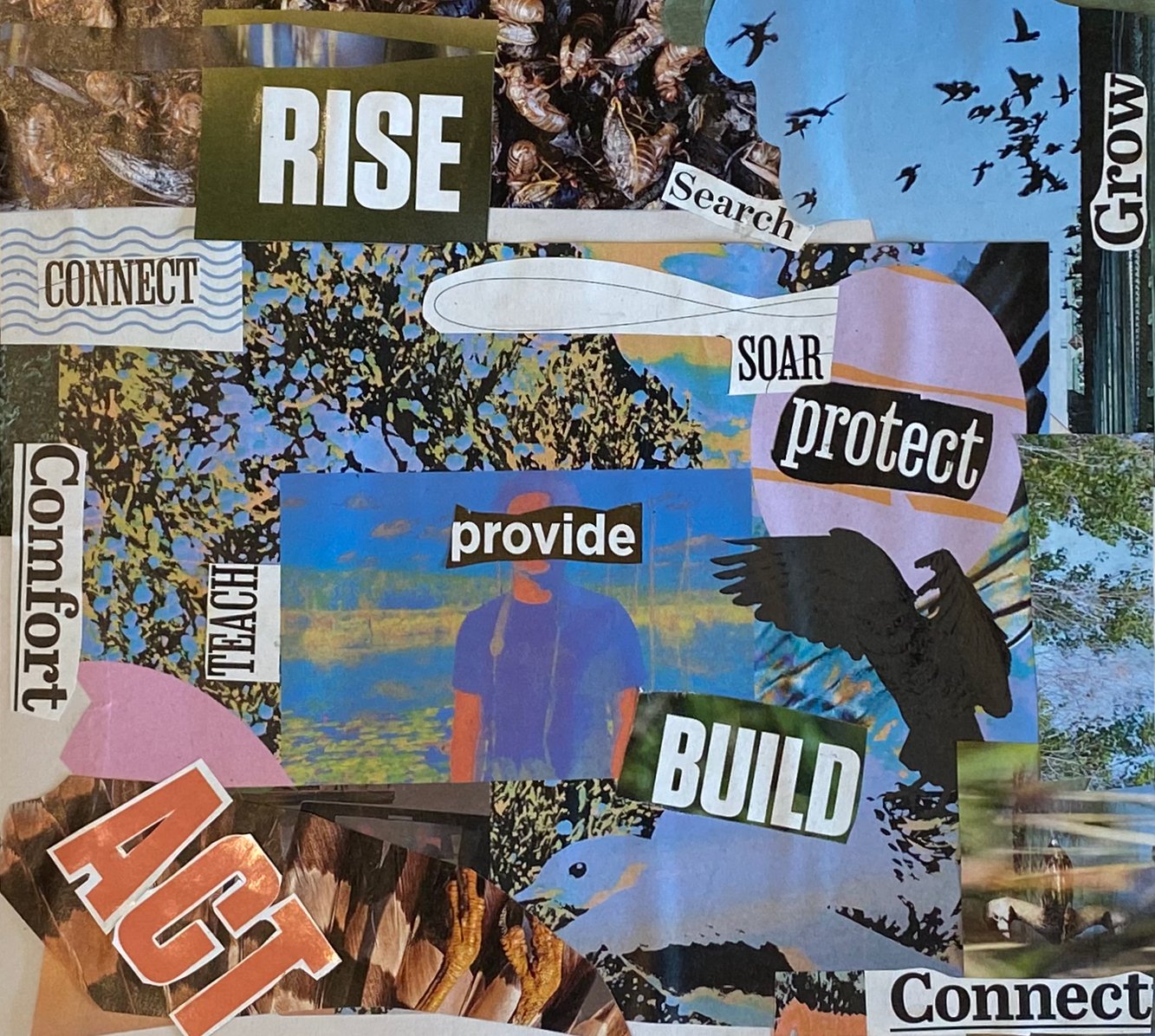Walking the Talk
Early in my first term on city council, I learned that our local government prioritizes inclusion and progressive change. Before my 2019 election, we had already started investing in permanent, supportive housing for our chronically homeless neighbors. We supported a robust alternative to the emergency room or jail for those in crisis. We had declared a climate crisis and had adopted a well-articulated (accelerated!) climate action plan. Internally, we were getting serious about diversity in hiring and training.
At the same time, there’s a common refrain I hear about Iowa City, especially when it comes to social justice and racial equity: We talk a good game, but where is the real action?
As a community, our efforts to embrace and celebrate diversity leave lots of room for improvement. In many white-dominated spaces, there are just a few people of color invited to the table over and over again. For immigrants, expectations to assimilate are strong. “Iowa nice” can enable microaggressions. We know the persistence of disproportionate negative outcomes in school, housing, jobs, health, and access to resources for racial and ethnic minorities.
In the summer of 2020, Iowa City’s response to protests after George Floyd’s murder included both harsh-yet-by-the-book policing and real commitments to address systemic racism and protect Black lives.
On the campaign trail this year, several people have shared with me that they’re disappointed by the loss of urgency and focus in local antiracism efforts since 2020. I feel that, too. This shift has come while Iowa has banned so-called “divisive topics” in schools and government programs, and sought to erase LGBTQ+ youth.
So, what can and should we do?
Show up. Try. Mess up. Keep trying.
Also in 2020, the Iowa City city council created a Truth and Reconciliation Commission (TRC) to use restorative and transformative practices to press forward in this difficult work. Earlier this month, the TRC held a series of public events. International experts in truthtelling and peacemaking, Think Peace and Kearns & West, visited Iowa City and helped inform the TRC and members of the wider community on processes that can be tailored for us. Practices like restorative circles, already adopted by our local school district and in local diversion efforts from the criminal legal system, are tools to have hard conversations and explore our common humanity.
For years, Iowa City has strived to be a more inclusive, just, and sustainable city. To these ends, we must continue to disrupt the status quo. Critically, it shouldn’t take sustained protests in the streets to keep us on this path. We need to act holistically and systematically. Answers are nuanced and complex, and this path will extend well beyond our current lifetimes.
Part of addressing disparities and building common ground is making space for celebration and joy. The South District’s Diversity Market wrapped up on August 19 with an amazing concert and dance party in the heart of the South of 6 Iowa City Business District. I was so happy to move and sweat and eat amazing food in the heart of my neighborhood. That event happened at the same time as the Wright House’s Alleyway Fashion Show, a downtown community celebration–also with a DJ and dance party!
In July, I was thrilled to participate in a two-day retreat about restorative leadership. We learned that the work for individual and collective accountability never ends. It is a journey. We will stumble, and it will take time. We will cause harm. We will get hurt. None of these truths are reasons to sit on the sidelines, though.
In dismantling white supremacy culture, we can’t wait for someone else to make change. Every one of us has the power and responsibility to work for equity, and I know from experience that the hard conversations do get easier. Building connection and love takes time, energy, and intention. But, I know we can do hard things. Especially when we do them together. The future of our inclusive community depends on it.

